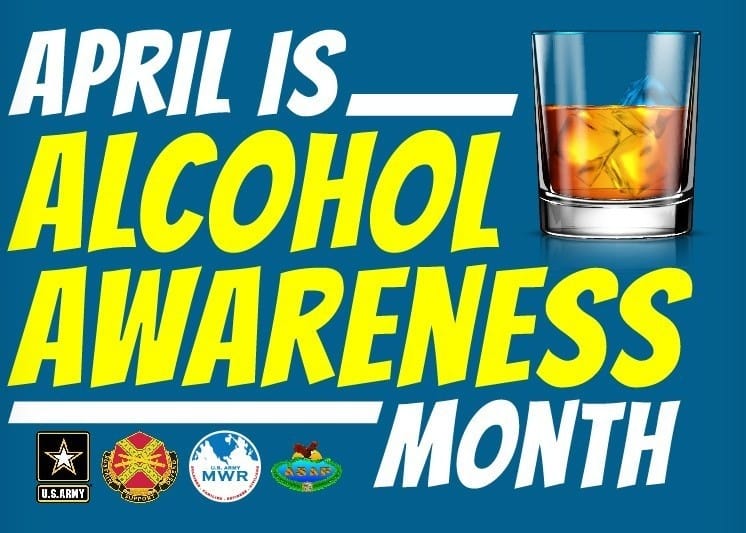In a notable development concerning public health, the US Surgeon General has issued a new advisory that underscores the connection between alcohol consumption and an increased risk of cancer. This advisory is a response to a growing body of research that has illuminated the potential dangers associated with alcohol intake, particularly as it relates to various forms of cancer. The Surgeon General’s office aims to inform the public about these risks, encouraging individuals to make informed choices regarding their drinking habits.
The advisory presents a comprehensive overview of the relationship between alcohol and cancer, detailing how even moderate alcohol consumption can elevate the risk of developing certain types of cancer, including breast, liver, and colorectal cancers. The Surgeon General’s report notes that there is no safe level of alcohol consumption when it comes to cancer risk, which marks a significant shift in the public health narrative surrounding alcohol use.
Research indicates that alcohol can contribute to cancer development through several mechanisms. For instance, alcohol can damage the DNA in cells, leading to mutations that may initiate cancerous growth. Additionally, alcohol is metabolized into acetaldehyde, a toxic compound that has been classified as a probable human carcinogen. These biological processes, combined with the way alcohol can affect hormone levels in the body, particularly estrogen, contribute to the heightened risk of cancers, especially in women.
The Surgeon General’s advisory also highlights the disparities in alcohol-related cancer risks among different demographics. It points out that certain populations, including women and individuals with a family history of cancer, may be at an increased risk when consuming alcohol. This information is particularly crucial as it emphasizes the need for targeted public health messages that address the unique risks faced by various groups.
In addition to the biological mechanisms, the advisory discusses the social and behavioral factors that contribute to alcohol consumption. It acknowledges that societal norms and cultural practices often encourage drinking, which can make it challenging for individuals to reduce their intake. The Surgeon General advocates for a multi-faceted approach to address these challenges, including community-based interventions and educational programs aimed at raising awareness about the risks associated with alcohol consumption.
The advisory also urges healthcare providers to engage in conversations with their patients about alcohol use and its potential health implications. By fostering an environment where patients feel comfortable discussing their drinking habits, healthcare professionals can play a pivotal role in encouraging healthier choices. The Surgeon General emphasizes that these discussions should not only focus on the risks of alcohol but also on strategies for reducing consumption and seeking help if necessary.
Furthermore, the advisory calls for policymakers to consider the implications of alcohol marketing and availability. It suggests that regulations around alcohol advertising and sales should be scrutinized, particularly in ways that may disproportionately affect vulnerable populations. By addressing these systemic issues, there is potential to create a healthier environment that supports individuals in making informed decisions about alcohol consumption.
The release of this advisory is timely, as alcohol-related health issues have become increasingly prominent in public discourse. The COVID-19 pandemic has led to changes in drinking patterns for many individuals, with some reporting increased consumption as a coping mechanism during times of stress and uncertainty. The Surgeon General’s advisory serves as a crucial reminder of the importance of moderation and the potential long-term health consequences associated with alcohol use.
In conclusion, the new advisory from the US Surgeon General represents a significant step in public health advocacy regarding alcohol consumption and cancer risk. By highlighting the evidence linking alcohol to various cancers, the advisory aims to empower individuals to make informed choices about their drinking habits. It calls for a collective effort from individuals, healthcare providers, and policymakers to address the risks associated with alcohol and to promote healthier lifestyles. As research continues to evolve, it is essential for public health messaging to adapt accordingly, ensuring that the community remains informed and aware of the potential health implications of alcohol consumption.



